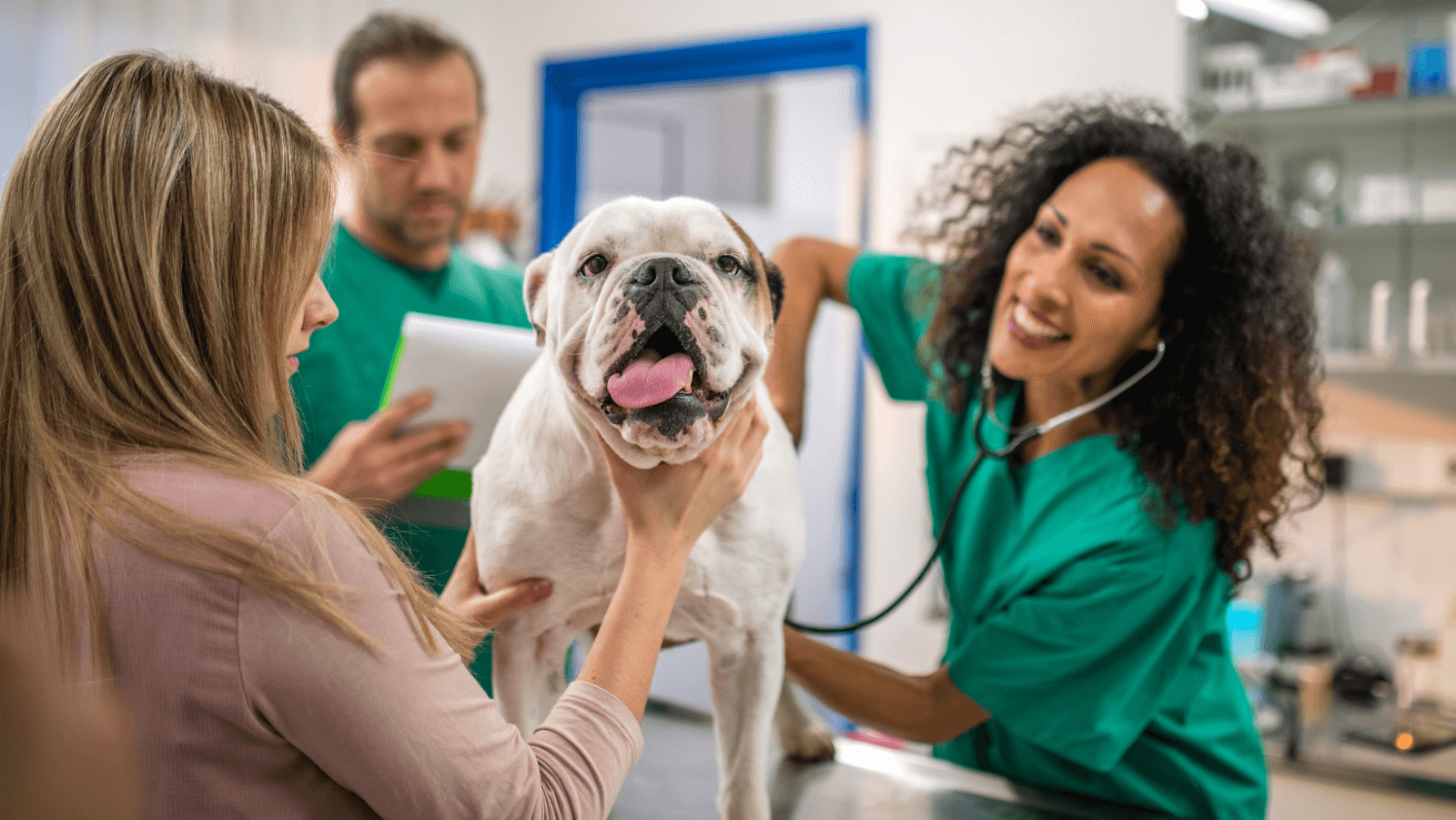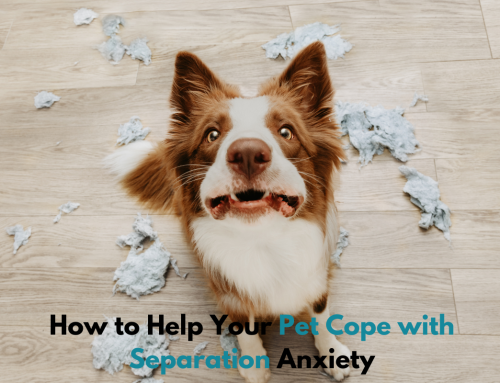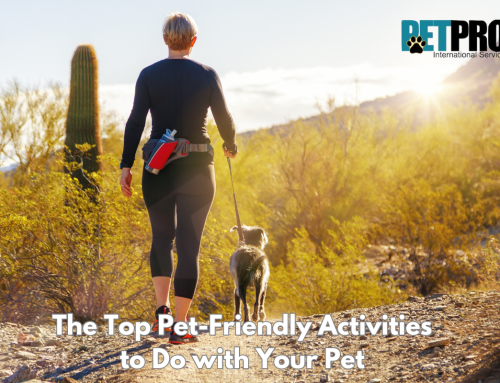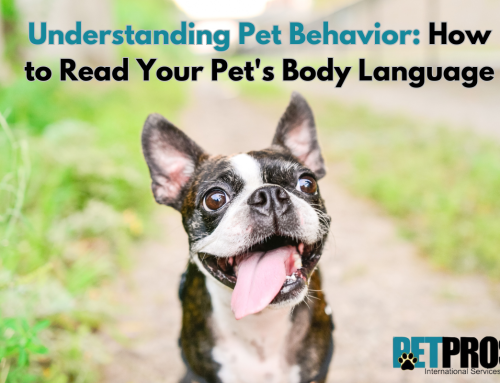As a pet lover, it would be heartbreaking to see one of your beloved dogs suffering from parvovirus. Parvovirus is the most contagious virus that affects dogs. It primarily attacks the gastrointestinal tract and can cause severe vomiting, diarrhea, and dehydration. The virus is spread through contact with infected feces and can survive for long periods in the environment. Puppies and dogs with weaker immune systems are most at risk for severe illness and death from parvovirus. Here are six tips to prevent parvovirus:
- Vaccinate your dog: Vaccination is one of the most effective ways to prevent parvovirus. Puppies should be vaccinated starting at age six to eight weeks, with booster shots given every three to four weeks until they are at least 14 to 16 weeks old. Adult dogs should also be vaccinated regularly, as recommended by vets. But even if your dog is vaccinated, there’s a possibility that they may acquire the virus, though the risk is low while symptoms will be less severe.
- Practice good hygiene: It is vital to have good hygiene to lower the risk of disease from parvovirus in dogs, which includes keeping the dog and their living areas clean and well-sanitized. That can consist of frequently cleaning the dog’s kennel or occupancy and washing their bedding and toys.
- Restrict your dog’s exposure to other dogs: Avoid taking them to areas where they may come into contact with infected feces, such as dog parks, areas with a high population of stray dogs, or places where many dogs congregate, as the virus can quickly spread through contact with contaminated poops. Or else, take your dog to your backyard for exercise. It can also help reduce your dog’s risk of contracting other diseases or parasites.
- NO contact with sick dogs: Stay away from dogs that show signs of parvovirus, such as vomiting and diarrhea. Dogs infected with parvovirus often show symptoms such as vomiting, diarrhea, loss of appetite, and fatigue. If you suspect a dog may have parvovirus, it is best to avoid contact with that dog and contact a veterinarian for advice. It’s important to note that dogs with parvovirus should be isolated to prevent the spread of the disease. Contact your vet as soon as possible.
- Keep your dog away from wild animals: Keeping your dog away from wild animals is essential in reducing the risk of infection from parvovirus. Wild animals, such as raccoons, can carry and transmit the virus. Parvovirus can quickly send through contact with infected poops, vomit, or blood, and wild animals are the known virus carrier. It’s crucial to keep your dog away from wild animals and avoid contact with stray dogs that might be infected. If you suspect your dog has contact with wild or stray animals, it is best to contact a veterinarian for advice.
- Keep your dog on a leash: Putting your dog on a leash is an essential step in reducing the risk of infection from parvovirus. When you’re in public places with your dog, they need to be on a leash, especially in areas where there are other dogs. That can help prevent your dog from coming into contact with contaminated stuff from other dogs who might be virus carriers. On the other hand, it’s a good practice for dog safety and to prevent them from running away and getting lost. By keeping your dog on a leash, you can control where they go and what they can come into contact with, which can help reduce the risk of infection.
Conclusion:
Parvovirus is a highly contagious disease that can be fatal for dogs if not treated in time. It is important to practice good hygiene, limit your dog’s exposure to other dogs, avoid contact with sick dogs, keep your dog away from wild animals and keep your dog on a leash when outside. Regular vaccinations and check-ups with a veterinarian can also help prevent the disease. If you think your dog may have been exposed to the virus or is showing signs of illness, it is important to bring your dog to your vet as soon as possible for proper diagnosis and treatment.





